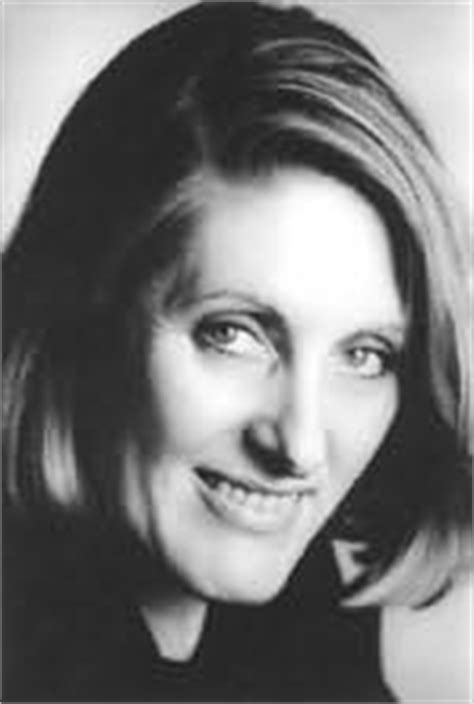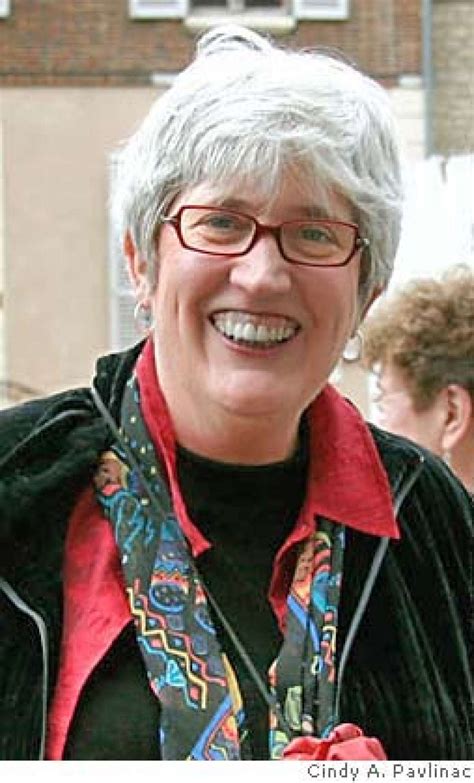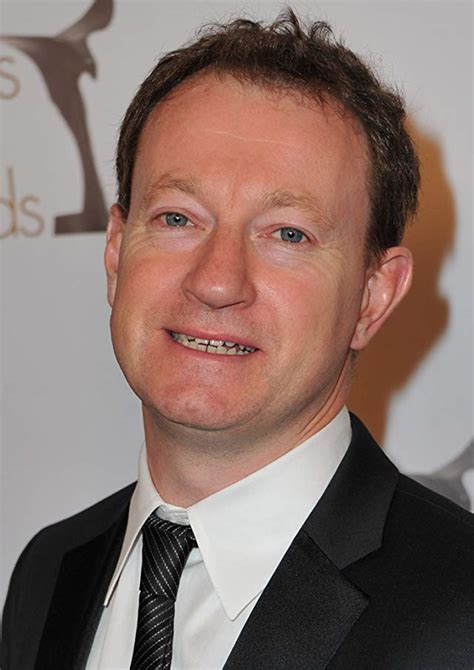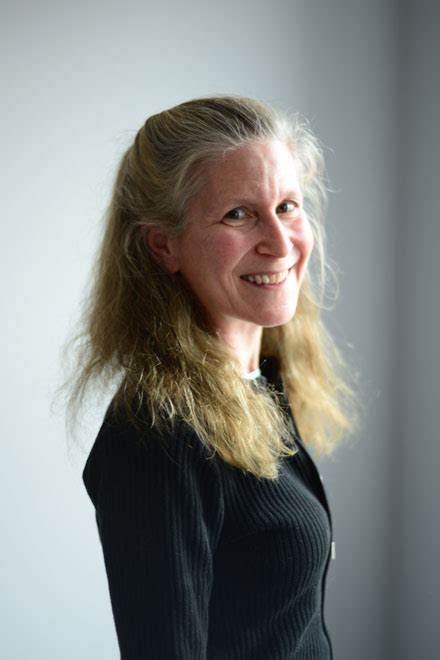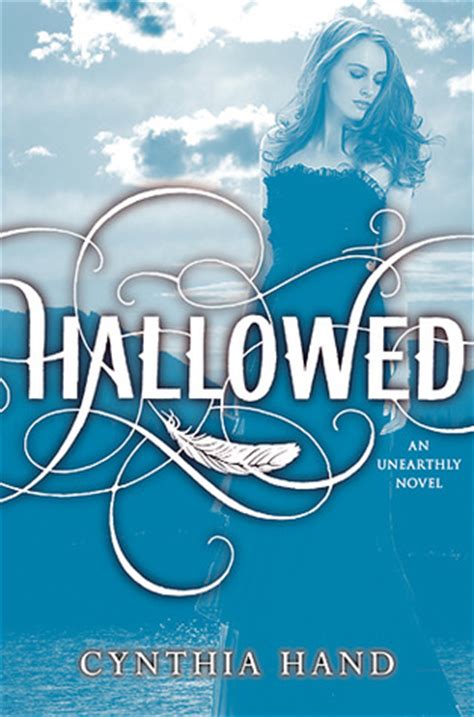A Quote by Celia Brayfield
We have always learned about life by dramatising our questions.
Related Quotes
If you don't put the spiritual and religious dimension into our political conversation, you won't be asking the really big and important question. If you don't bring in values and religion, you'll be asking superficial questions. What is life all about? What is our relationship to God? These are the important questions. What is our obligation to one another and community? If we don't ask those questions, the residual questions that we're asking aren't as interesting.
In order to align your life choices with your values, you will need to inquire about the effects of your actions (and inactions) on yourself and others. Although we are always stumbling upon new knowledge that shifts our choices and life direction, bringing conscious inquiry to life means that we continually ask questions that lead us to the information we need to make thoughtful decisions. Asking questions is liberating because we develop great understanding and discover more choices with our new knowledge
I read once, which I loved so much, that this great physicist who won a Nobel Prize said that every day when he got home, his dad asked him not what he learned in school but his dad said, 'Did you ask any great questions today?' And I always thought, what a beautiful way to educate kids that we're excited by their questions, not by our answers and whether they can repeat our answers.
I thank God that I became addicted to pain pills, because the process of going through rehab taught me more about myself than I had ever known. I wish I would have learned what I learned about myself I learned in rehab, going through life. You know, we're all raised to be loved. We care about what other people think of us, and sometimes to our detriment we let feedback and the opinions of others shape our own self-image. I was guilty of that, too. But in my professional life, I had mastered it. I didn't care what the critics said.
I’ve learned that a storm isn’t always just bad weather, and a fire can be the start of something. I’ve found out that there are a lot more shades of gray in this world than I ever knew about. I’ve learned that sometimes, when you´re afraid but you keep on moving forward, that’s the biggest kind of courage there is. And finally, I’ve learned that life isn’t really about failure and success. It’s about being present, in the moment when big things happen, when everything changes, including myself.
I think in the whole field of questions about what we take to be "real," one of those questions is about the self. When you talk about the self we're always talking about whether it's a construction and it's a construction we're always in the process of working on. I don't think that work ever ends, to some degree.
The great philosophers of the 17th and 18th centuries did not think that epistemological questions floated free of questions about how the mind works. Those philosophers took a stand on all sorts of questions which nowadays we would classify as questions of psychology, and their views about psychological questions shaped their views about epistemology, as well they should have.
